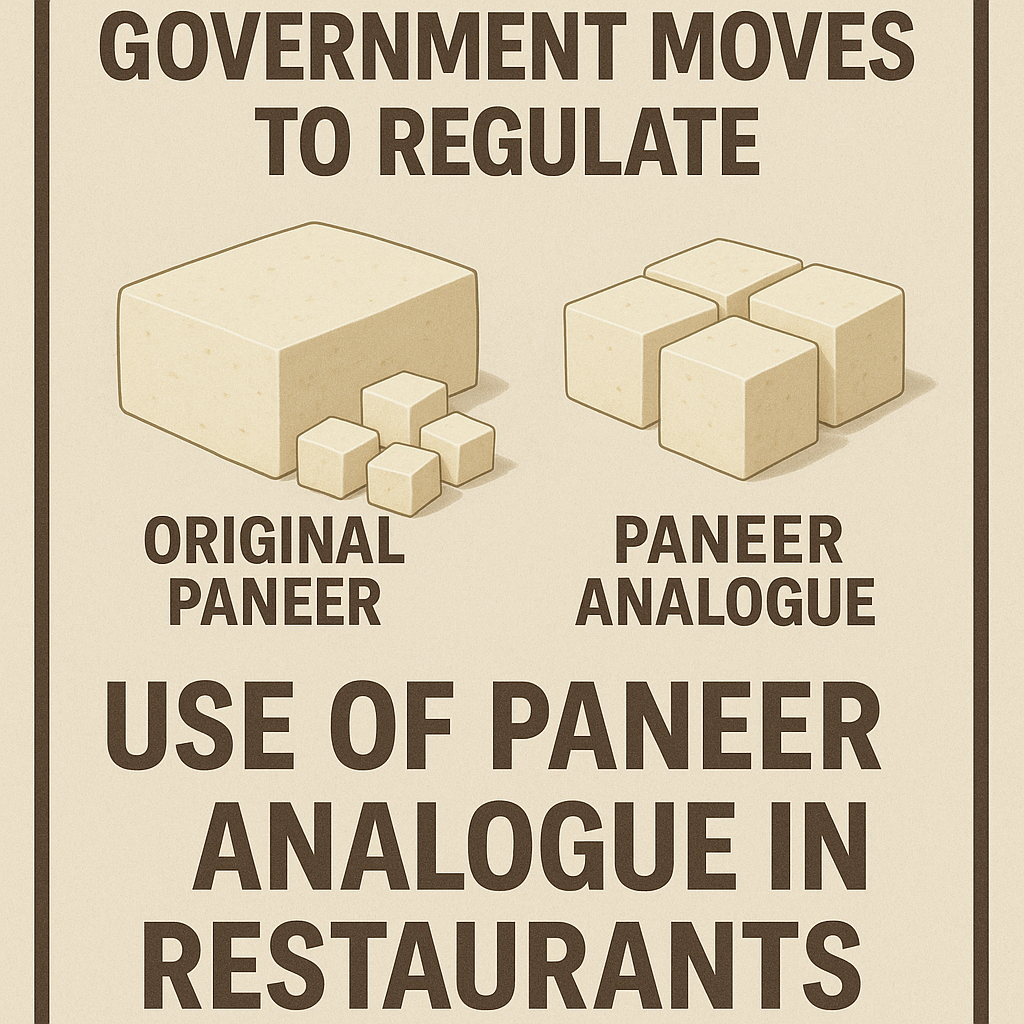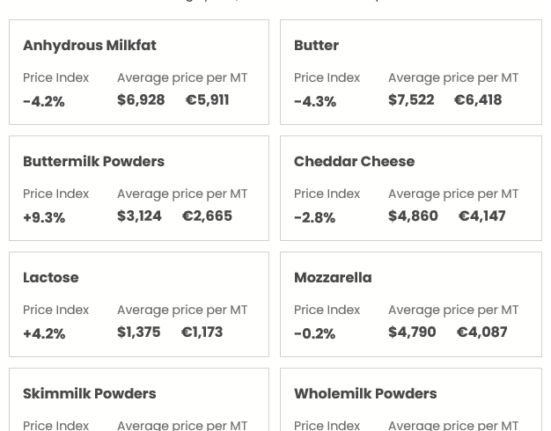New Delhi: The Indian government is taking steps to ensure transparency and consumer protection in the food industry by regulating the use of “paneer analogue” in restaurants. The Department of Consumer Affairs is drafting guidelines to make it mandatory for eateries to clearly indicate whether they are serving “original paneer” or its artificial substitute, commonly known as “paneer analogue.”
According to sources directly involved in the process, the proposed plan will require restaurants and food joints to prominently display this information on their menus. This initiative aims to empower consumers with the knowledge to make informed choices about the food they consume.
The move comes in response to growing concerns about the widespread use of paneer analogue—a cheaper alternative to traditional paneer made from palm oil, milk powder, starch, and emulsifiers. Paneer analogue, designed to mimic the texture and appearance of real paneer, is gaining popularity due to its lower cost. However, experts warn that it lacks the nutritional value and health benefits associated with dairy-based paneer.
The Department of Consumer Affairs is in active discussions with the Food Safety and Standards Authority of India (FSSAI) and consumer advocacy groups to develop stricter regulations regarding the use of artificial paneer in food preparations. These discussions focus on ensuring clarity in food labeling and protecting consumers from potentially misleading claims.
Health Risks and Nutritional Concerns
Health professionals have raised alarms about the health risks associated with long-term consumption of paneer analogue. Dr. Monashis Sahu, a Delhi-based endocrinologist, points out that the high levels of trans fats in analogue paneer can elevate bad cholesterol, increasing the risk of heart disease, inflammation, and metabolic disorders. Additionally, additives such as starch and emulsifiers may cause digestive issues like bloating and indigestion.
Dr. Ashok Choudhury, an expert in hepatology, highlights the potential for liver and kidney stress due to synthetic ingredients in paneer analogue. He also notes that the lack of essential nutrients, such as protein and calcium, further underscores the importance of distinguishing real paneer from its artificial counterpart.
Impact on the Paneer Market
The Indian paneer market, valued at $10.8 billion, is projected to grow significantly, reaching $22.1 billion by 2033. With such a rapidly expanding market, the government’s initiative aims to safeguard the integrity of dairy products and ensure consumers are not misled by substitutes.
Consumer rights groups, including Ashim Sanyal, CEO of Consumer Voice, have expressed strong support for the initiative. They emphasize that the use of artificial paneer in food preparation without proper labeling is a violation of consumer rights and trust.
As the discussions on regulation continue, the Department of Consumer Affairs is expected to implement measures that ensure transparency in food labeling, ensuring that consumers are fully informed about what they are consuming.
This development signals a crucial shift in the Indian food industry, reflecting the growing demand for authenticity in dairy products and a broader push for food transparency.







